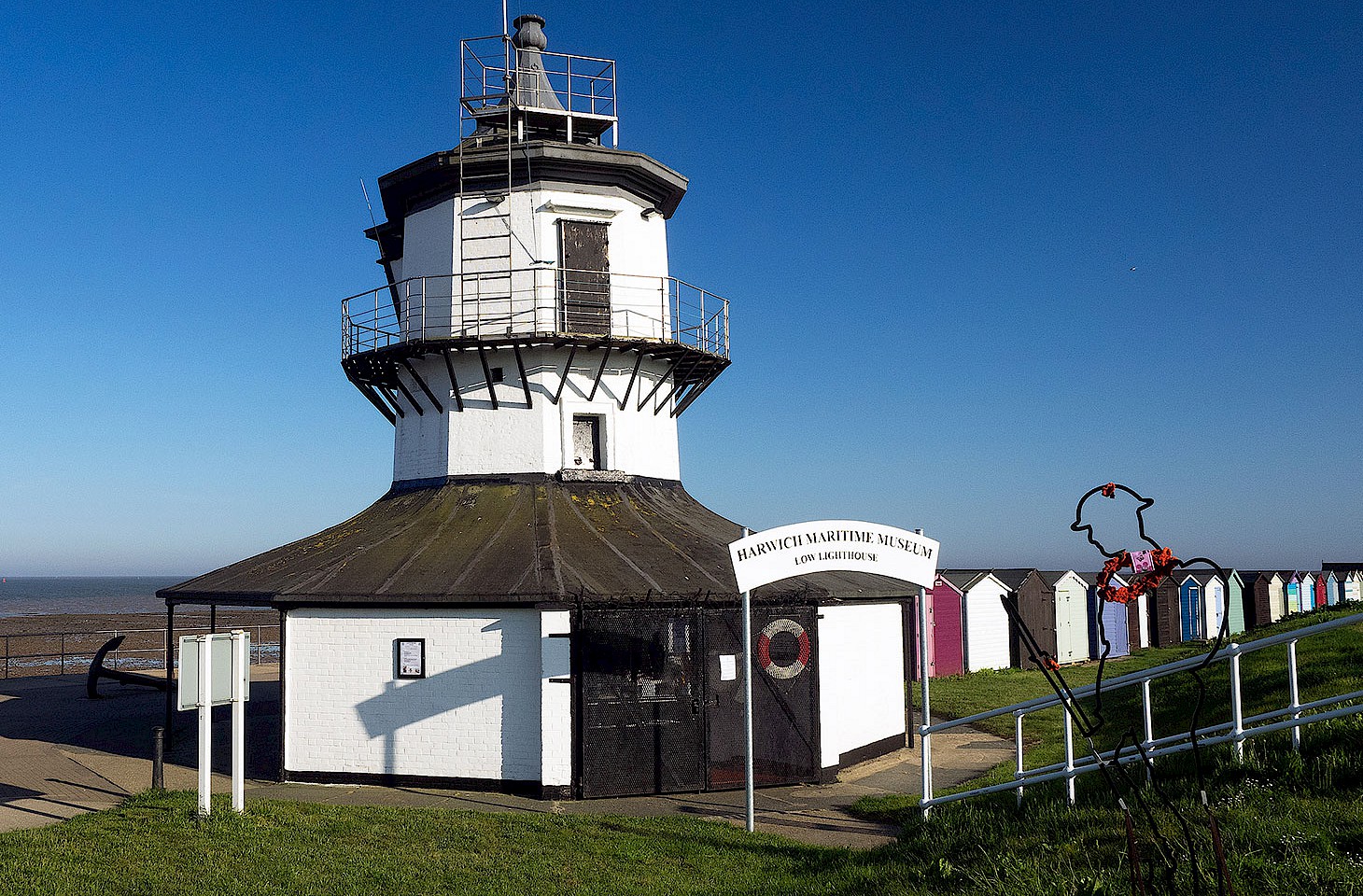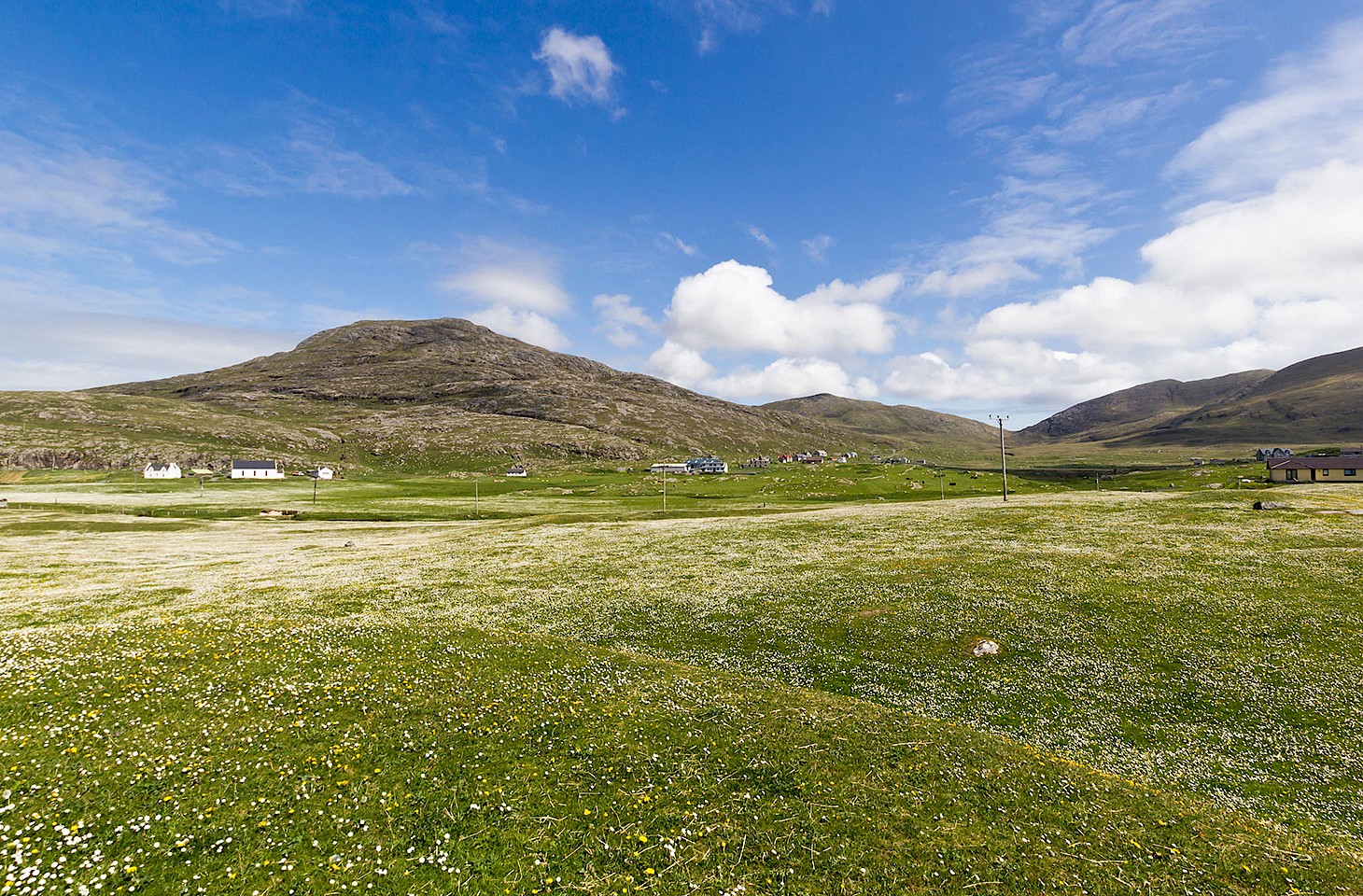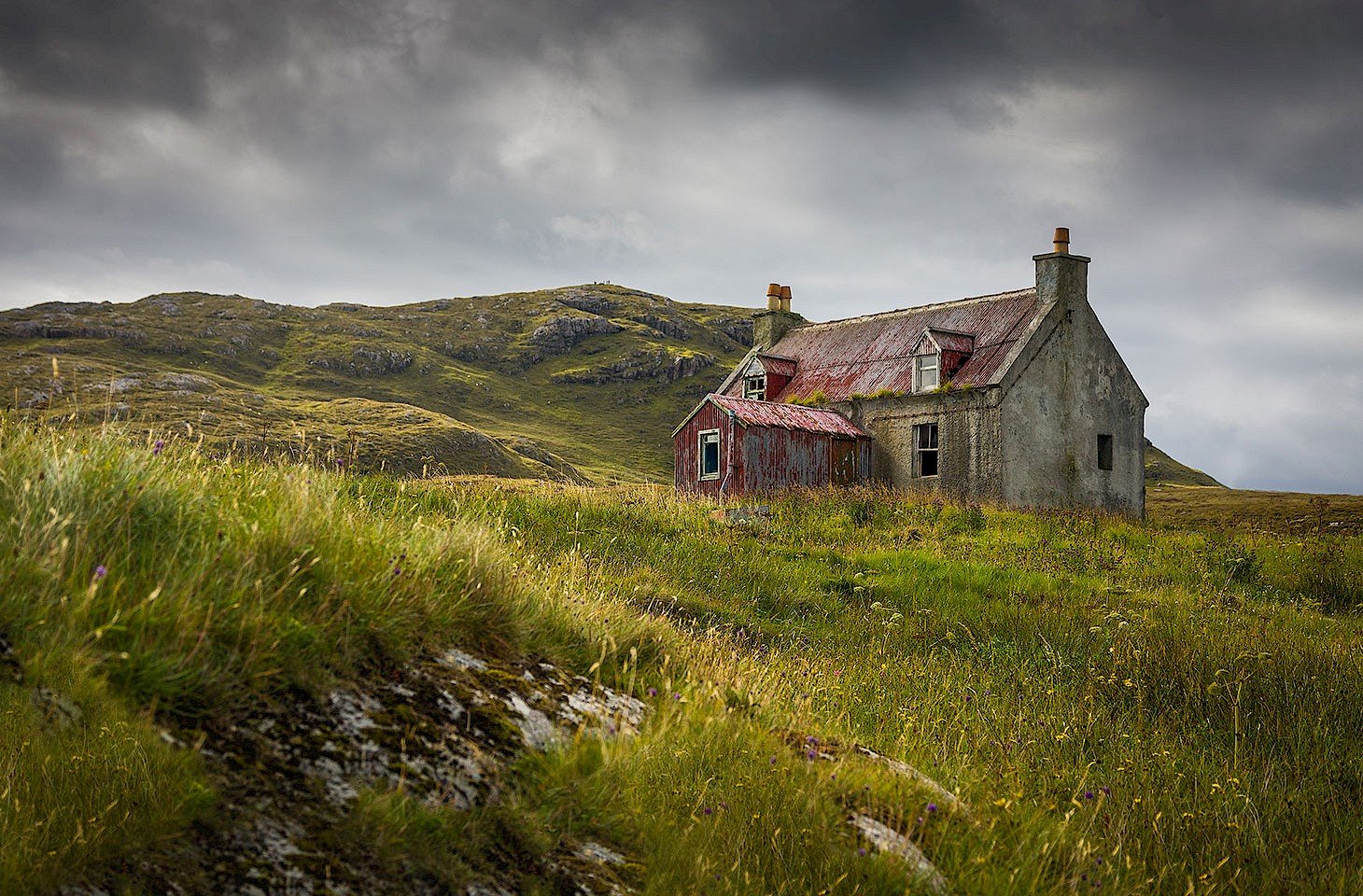Each new issue of hidden europe is a labour of love. We are especially proud of the mix of articles in this issue, the fourth we have created under the very real constraints on travel which have prevailed during the pandemic.
Staying close to base brings its own rewards. This is the first time since the inception of the magazine (16 years ago) that we have ever carried a full feature on that rural area, just south of Berlin, which we count as our home region. It is in this winsomely beautiful and sparsely populated area of lakes, forests and meadows that we walk, dream and relax. It is a landscape that fosters ideas and provokes us to reflect on its quiet beauty.
All three of our guest contributors in this issue similarly write on communities and landscapes with which they have had a long engagement. Rudolf Abraham, a regular contributor to the magazine who has reported for us from far-flung spots across Europe, has also been staying close to his London home and writes for us here about the Walthamstow Wetlands. It is, he reminds us, a rare and wonderful thing to have the chance to observe a changing landscape through the seasons.
Darmon Richter has ventured to the Chernobyl region of Ukraine, and adjacent areas of Belarus, in all seasons. There can only be a few people on earth who know the Chernobyl area as well as Darmon. Time works differently in the exclusion zone around the stricken nuclear reactor. “While it was curiosity about the event [the 1986 catastrophe] that first drew me in, over the years it has been the place itself that has kept me coming back,” Darmon writes in his latest book.
Suzanne and Andrew Edwards are, like Darmon Richter, first-time contributors to the magazine. We welcome all three of them. As part-time residents of Sicily, Andrew and Suzanne write with confidence and authority about one of the island’s most unusual communities: Piana degli Albanesi — a place which had a minor outing in the very first issue of hidden europe but now gets a fuller exploration.
Elsewhere in this issue we reflect on Freemasonry, the train to Beirut and why cyclists need a caffeine fix. We have bit part appearances by Rebecca West, HG Wells and Nikola Tesla. Ready for the ride? Just hop aboard and join us as we set off to explore hidden Europe.
Nicky Gardner & Susanne Kries
Editors
Baruth, Germany
June 2021




